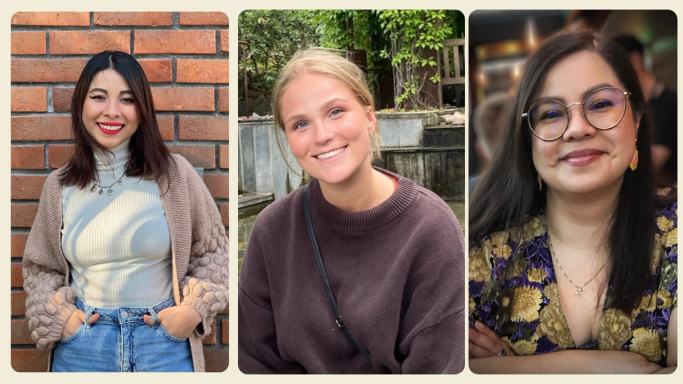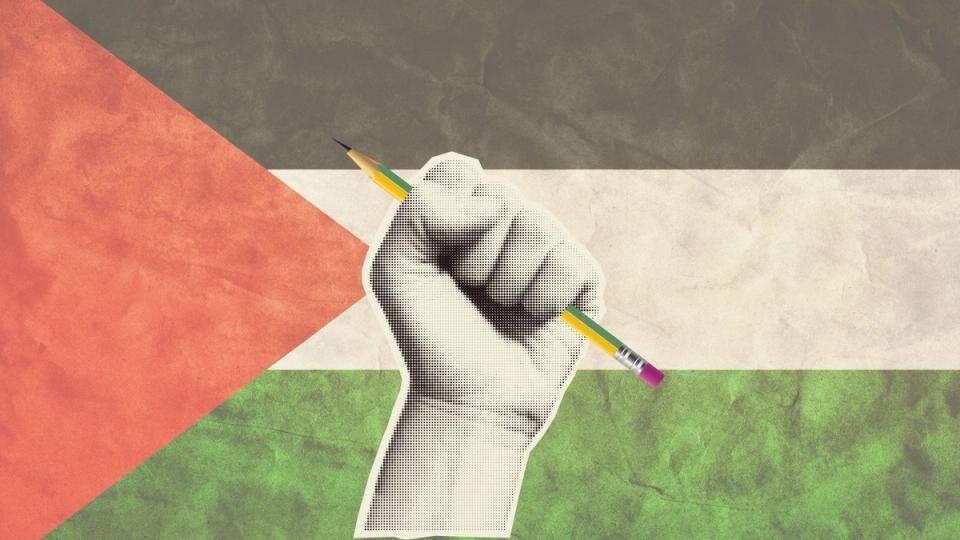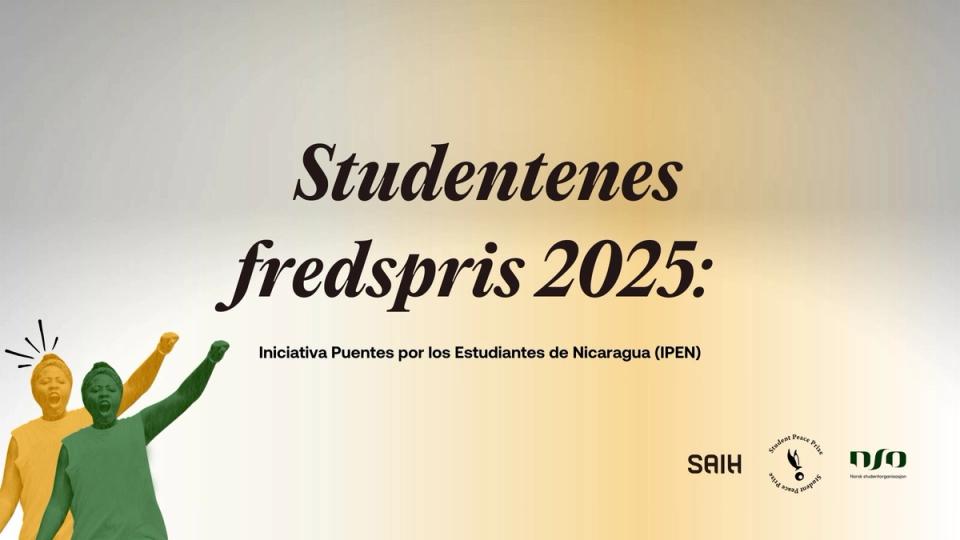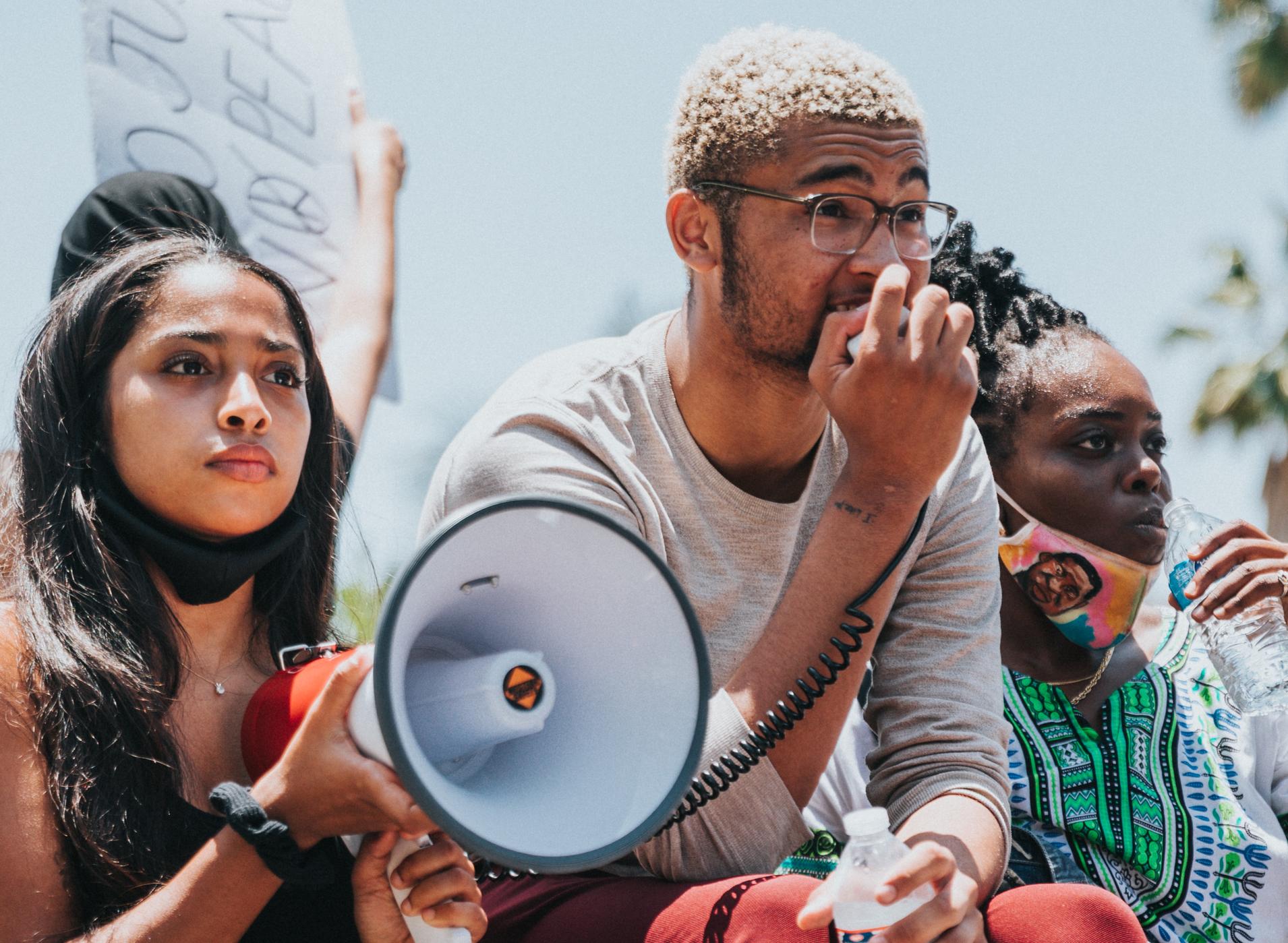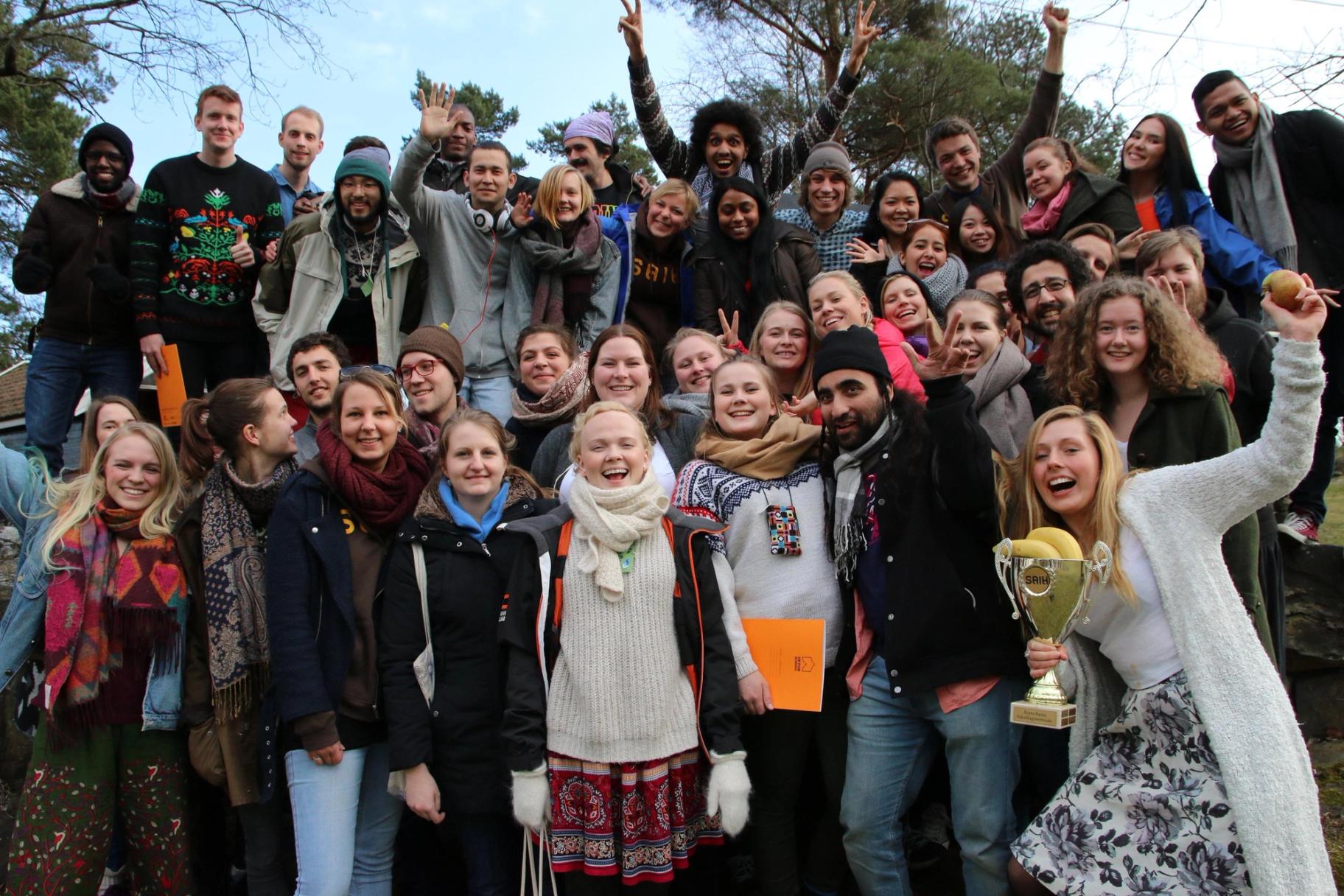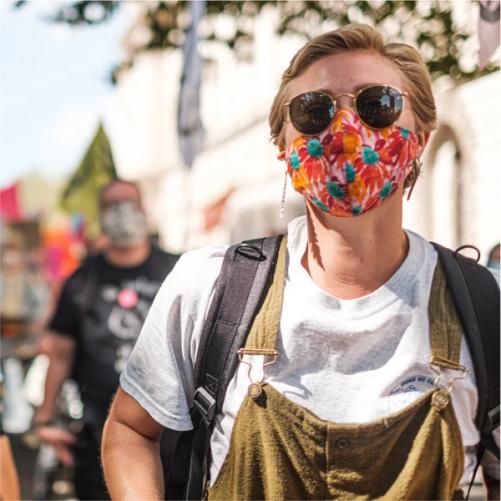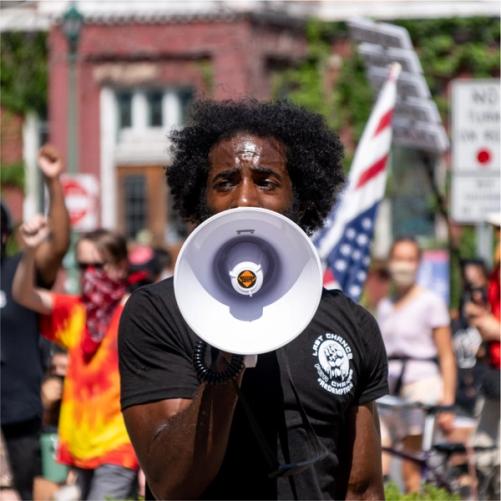Nyhet
What does "Education for liberation" really mean?
Have you ever wondered where SAIH's oh-so-catchy slogan: «Education for liberation" comes from? And have you ever truly reflected on what it means?
I did not really ask myself these questions until recently. I am currently in an exchange through SAIH, focusing on Women's Rights - especially SRHR (Sexual and Reproductive Health Rights). Last semester I got to work 4 months with one of SAIH's partner organization in Zimbabwe: Katswe Sistahood, and there I understood gradually more and more of what SAIH's slogan, education for liberation, is all about.
Both in SAIH and in Katswe Sistahood we base our work on the ideology of the Brazilian educator and writer Paulo Freire. His work "Pedagogy of the Oppressed" from 1968 was the inspiration, not only to our slogan, but to liberation movements all over Latin-America and Southern Africa. His pedagogy spread over continents – and the reason was that he introduced a new and alternative theory around the concept of education.
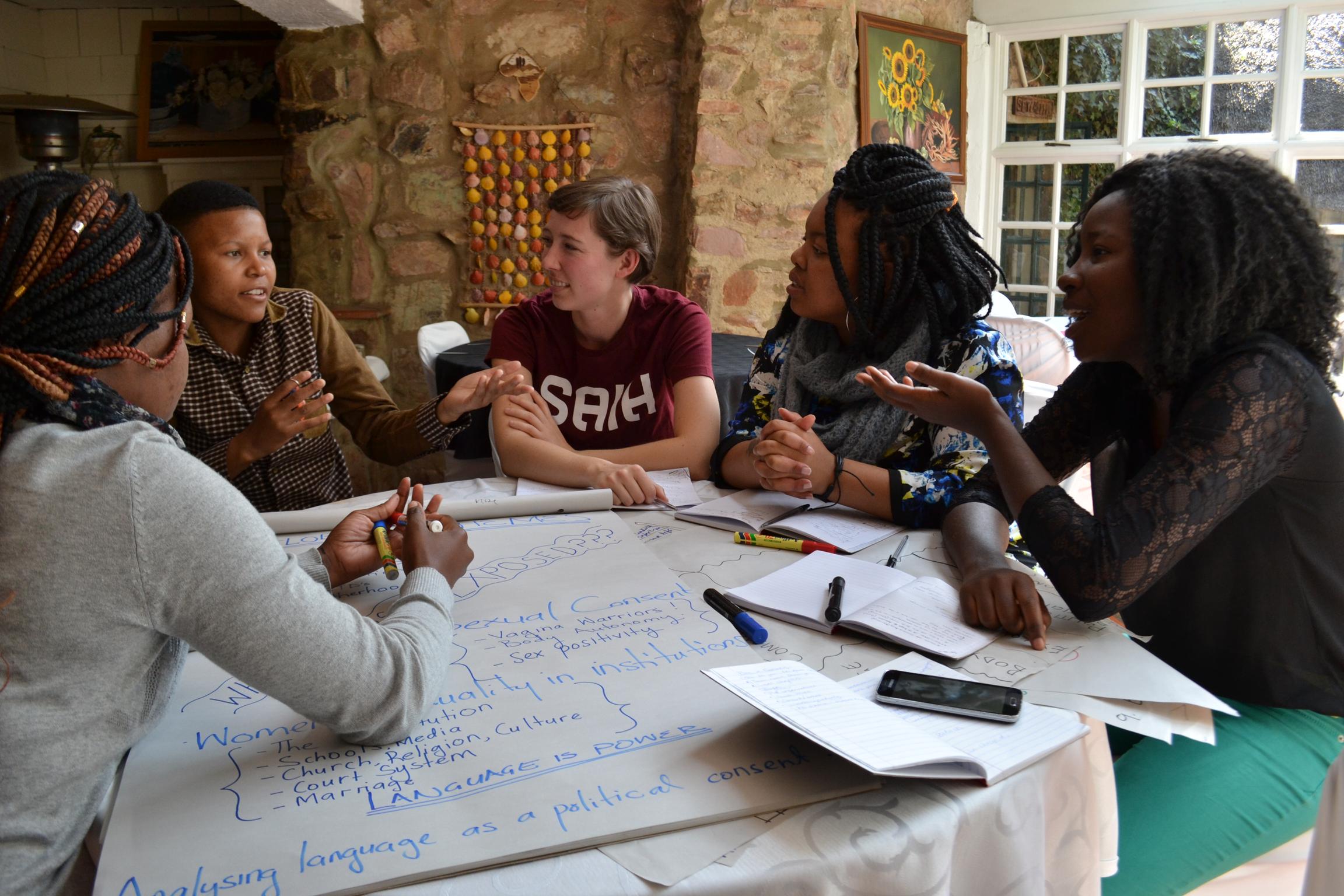
Paulo Freire opposes what he calls the "banking"-education, the traditional western education where you treat minds like piggy banks, filling up an empty container until it is full and ready. For liberation you need education that inspires you to think critically, education that frees the mind instead of numbing it. This happens in dialogue between student and teacher, when the roles change and you learn from each other. When a person is truly educated, she or he will reflect on the world she or he lives in. This is where liberation comes in.
She or he will challenge the social structures in the society that oppresses her or him, and try to change it. Therefor education and liberation is not something you are given, but something you achieve through cognition and action.
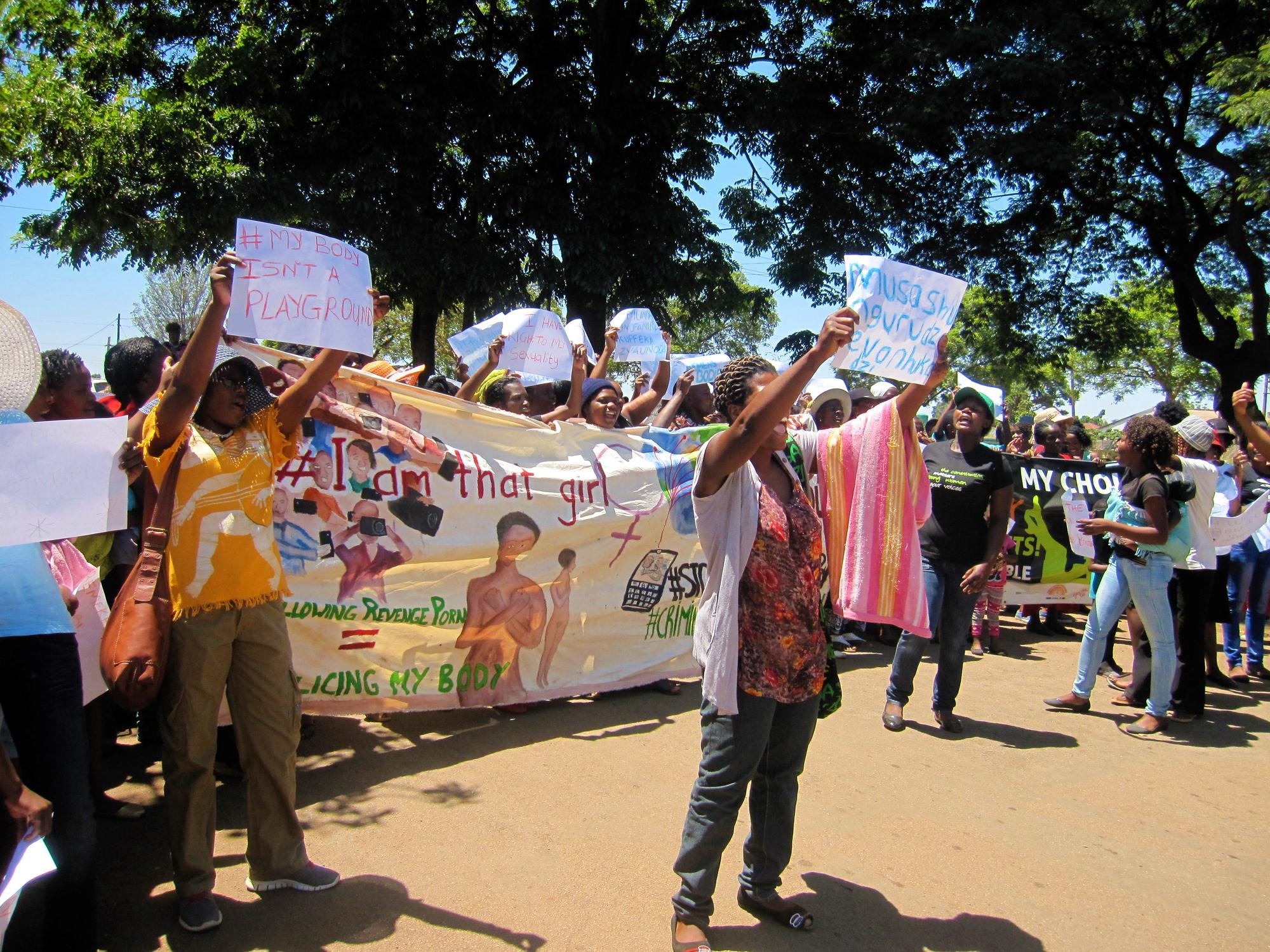
Here in Norway we tend to focus on higher education, and the importance of it. I think we forget that higher education in many parts of the world is for the privileged, and that the educational system often is designed as a bottleneck to divide the rich from the poor, fortunate from the unfortunate and obedient from the disobedient. And if you get through the bottleneck; in Zimbabwean universities where Mugabe himself is the principal, he does not want you to think critically.
In Katswe Sistahood I learned that for a women to get higher education there are a lot of hinders to get through. Without the possibility to choose who you want to have sex with, when you want to have sex, without the choice of using condoms, without the right to abortion, without the rights to decide over your own body - how do you get your liberation?
SAIH is supporting the right to education, not only the rights of the educated. By supporting the informal education of some of the marginalized people in the society – women, indigenous people, queers – we are supporting their liberation. They are the ones that knows how the system is holding them down, and they are the ones that have the chance of opposing it.
Freires ideology is grounded in everything SAIH does. From our political work in the 60's; supporting the liberation-struggle against apartheid in South Africa, until today 2016; supporting the Saharawi's rights to a referendum and the choice of independence from Morocco. In Students at Risk, focusing on academic freedom. In our solidarity work; working with indigenous people, LGBT-movements, Women's Rights and SRHR; it is all about education – both formal and informal, and it is all about liberation – from state or social structures. If you then add the message from the Africa for Norway Campaign, you get the bigger picture – we are not the ones liberating anyone else, you liberate yourself.
The oppressed are the ones who will change the world. Critically educated.
